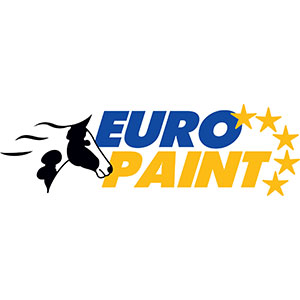At the start of the show season we would like to draw your attention to the clipping rules.
At all APHA and PHCG shows in Germany, the clipping and removal of the following hair is not permitted:
– Tactile hair on the mouth
– Eyelashes of the eyes
– Hair in the eye area
The following hair may be shortened:
– hoof hair
– Hair below the chin
– Ear hair, however, up to max. flat to the edge of the ear
Clipping rule inspections are mandatory for all APHA recognized classes and PHCG classes. The inspector must inspect every horse. Violations of the regulations, such as clipping of the tactile hairs, will result in the horse in question being excluded from the PHCG year end awards for the year in question, and this can also be done retroactively. The horse in question will be will be reported to the official veterinarian and excluded from further participation in the show and no refund of costs will be made.
FAQ-Clipping:
In Germany, the clipping of tactile hairs on horses is specifically regulated from an animal welfare perspective. These tactile hairs, also known as vibrissae, are located around the nostrils and sometimes also around the eyes of horses. They are important for the animal’s perception, especially at close range. There is no specific length specification in the law as to when vibrissae are considered “no longer clipped”. However, it is generally the case that the hair should appear natural and unclipped so as not to contravene animal welfare guidelines. This means that the hair must grow back completely and reach its natural length and texture. This can take varying amounts of time depending on the horse and the growth rate of the hair, usually several weeks to months.
If you are planning to show a horse at a show or competition in Germany and are unsure whether the length of the tactile hair is sufficient, you could consult a vet. The vet will be able to assess whether the hair can be considered to have grown naturally and therefore not cause any problems at a possible inspection.



